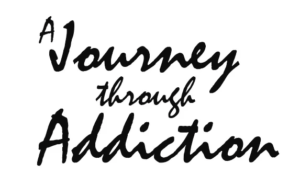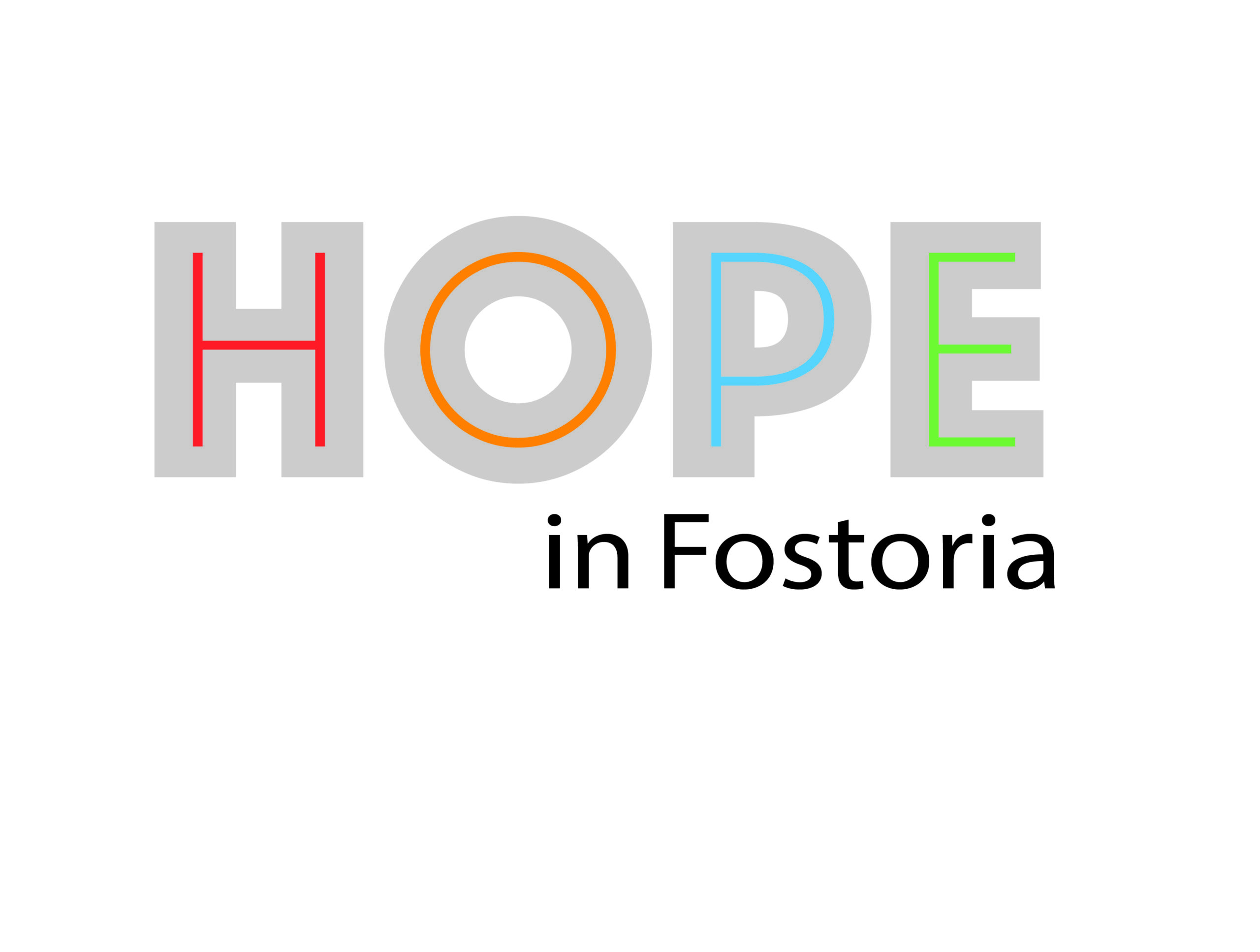EDITOR’S NOTE: This is the fifth and final installment in a five-part series in the Review Times about one woman’s journey through addiction to drugs and alcohol.
 By LINDA WOODLAND
By LINDA WOODLAND
MANAGING EDITOR
After years of trying and failing to stop using drugs, Stephanie Smith signed up for Seneca County’s PIVOT program.
PIVOT (Progress In Victory Of Transition) is an extensive 35-week program for those facing criminal charges as a result of their addiction.
“I think the main thing is it’s not just about whether I’ve used or not,” Smith said. “They (the PIVOT team members) know every aspect of my life, everything that’s going on in my life. I have family members that use and we discuss that. We discuss what I am to do to make sure that those things don’t affect me in a negative way.”
During phase 1 of the PIVOT program, Smith got a car, a job and an apartment.
“I worked full-time overnight and spent five days a week at Rigel Recovery Services in counseling and groups.”
During phase 2 of the program, Smith said she got a better job, graduated from the intensive outpatient program and then aftercare.
Smith, who is the night auditor and front desk associate for the Holiday Inn Express in Tiffin, said she is now in phase 3 of the five-phase PIVOT program and is two weeks away from entering phase 4.
“Which for me is basically just learning how to maintain. Setting new goals for myself and trying to constantly move forward.”
Smith said now that recovery is the number one thing in her life, it supersedes everything else.
“Stephanie Smith is an absolute reflection of what this PIVOT program is trying to do,” Tiffin-Fostoria Municipal Court Judge Mark Repp told a group attending a H.O.P.E. in Fostoria meeting recently.
Repp said the PIVOT program takes people in the depths of addiction and helps them transition into productive, substance-free members of society.
“The vision we have for the typical graduate of the PIVOT program will be employed, driving, have their own place. These things are huge. From a population that was not contributing, that is huge.”
Smith said she has had to make some decisions in recovery that were hard.
“Who to spend my time with, what was most valuable to me. I let a lot of people go along the way, and I’ll do it again and at anytime I feel it’s necessary,” she said, adding that the day she decided to get serious about recovery, she went to a meeting and has never stopped going to meetings.
She said during her last stint in jail she finally realized what was keeping her from a sober life.
“Every time I relapse, it’s because I am reminded of what I lost. I let that define me as a human being. And yeah, the pain is there. It’s always going to be, but I don’t have to let it be the only thing about me that matters.”
Smith said she also has to work at having integrity because it’s important in recovery.
“My favorite quote that I definitely try and live by is, ‘Live in such a way that if anyone spoke badly of you, no one would believe it.’”
She said another key to her recovery is knowing herself.
“So your mind and heart will tell you if you’re about to make a decision that isn’t right for you. If you aren’t sure, you can call your sponsor or call your support, but I’m telling you that if you aren’t sure, it’s probably not right.”
And she uses her mistakes to her advantage.
“Because if you have already been there and you already know what the outcome is, you should be able to change your decisions to change the outcome. I know that I don’t cope with certain things well. I know what will happen, I already made that mistake several times, I won’t again. I’m prepared this time.”
Smith said she tries to set goals and she follows her program and every guideline for probation.
“I’m trying to get to a point where I love myself, and I’m getting there a little more every day,” she said.
Smith said the most important part of her recovery is the things she does for other addicts.
“I finally figured out what was missing, why I couldn’t get it right. It was purpose. I didn’t have one. After I lost my kids, there was nothing, in my mind, to look forward to.”
She said helping others gives her purpose.
“That filled the empty hole that was left the day I walked out of that courtroom without my kids. It’s not something I just want to do, it’s something that I have to do.”
And to that end, Smith is developing a project to help others rebuild their lives as well.
“My project is Faithful Furnishings. The idea is a storage unit in town that takes donations of furniture and household items. Then, as people come into recovery and begin rebuilding their lives, I will be able to provide them with the donated furniture in the unit to fill their home,” she explained. “The judges love the idea and are currently helping me acquire a unit.”
Repp said those running the PIVOT program really want to start a sober-based community around it and they are starting to see that unfold.
“We are saving people’s lives. We are changing people’s lives. I’m absolutely convinced of that,” Repp said. “There’s no question in my mind that we’ve had people that we’ve saved and changed their direction, pivoted, because of the work that we’ve been doing.”
EDITOR’S NOTE: Those seeking recovery from addiction can call the Mental Health and Recovery Services Board of Seneca, Sandusky & Wyandot Counties’ 24/7 crisis hotline at 1-800-826-1306.

Recent Comments